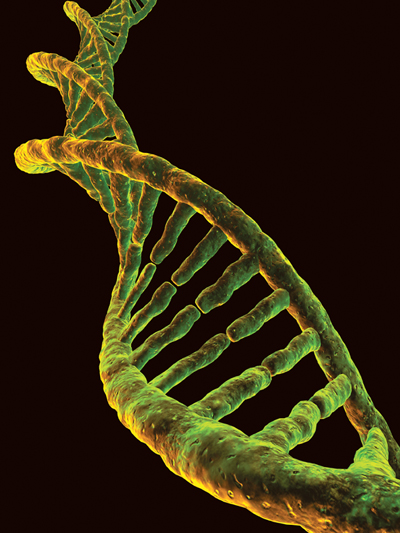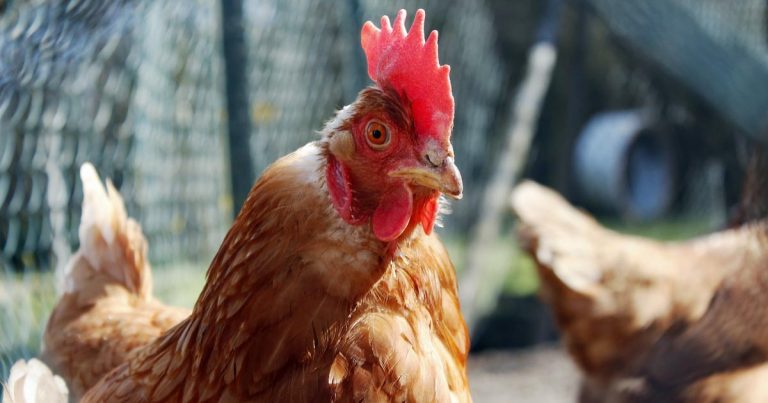

A fusion partner for chicken B cells was identified to create an avian version of the classical murine hybridoma technology ( 4) although it has not gained wide usage and phage display has been used more frequently to isolate chicken monoclonals ( 5– 11). Early attempts to use chicken-derived antibodies were thwarted by the lack of technology to derive monoclonal antibodies from non-murine animals. In some cases, the failure to elicit an immune response in mice has been obviated by immunizing chickens ( 1– 3). However, antigens that are conserved throughout mammalian evolution are typically weakly or non-antigenic in mice.

Historically, therapeutic monoclonal antibodies have been derived from immunized mice and phage display technologies. Bioinformatic analysis revealed that the human targeted constructs are performing as expected in the cell culture system, and provide a measure of confidence that they will be functional in transgenic animals. After expansion in culture the DT40 population accumulated genetic mutants that were detected via deep sequencing. Here, human variable genes introduced into the chicken immunoglobulin loci through gene targeting were evaluated for their ability to be recognized and diversified by the native chicken recombination machinery that is present in the B-lineage cell line DT40. To obviate the need for humanization, a modified strain of chickens could be engineered to express a human-sequence immunoglobulin variable region repertoire. However, such monoclonals still require post-discovery humanization in order to be developed as therapeutics. Recent advances in monoclonal antibody technology, specifically new methods for the molecular cloning of antibody genes directly from primary B cells, has ushered in a new era of generating monoclonal antibodies from non-traditional host animals that were previously inaccessible through hybridoma technology. For discovery of a diverse panel of unique therapeutic antibody candidates, chickens therefore represent an attractive host for human-derived targets. 3Distributed Bio Inc, San Francisco, CA, USAĬhicken immune responses to human proteins are often more robust than rodent responses because of the phylogenetic relationship between the different species.2Department of Veterinary Science, Institute for Animal Physiology, Ludwig-Maximilians-Universitaet Muenchen, Munich, Germany.1Crystal Bioscience Inc, Emeryville, CA, USA.Jacob Glanville 3 and William Harriman 1*


 0 kommentar(er)
0 kommentar(er)
